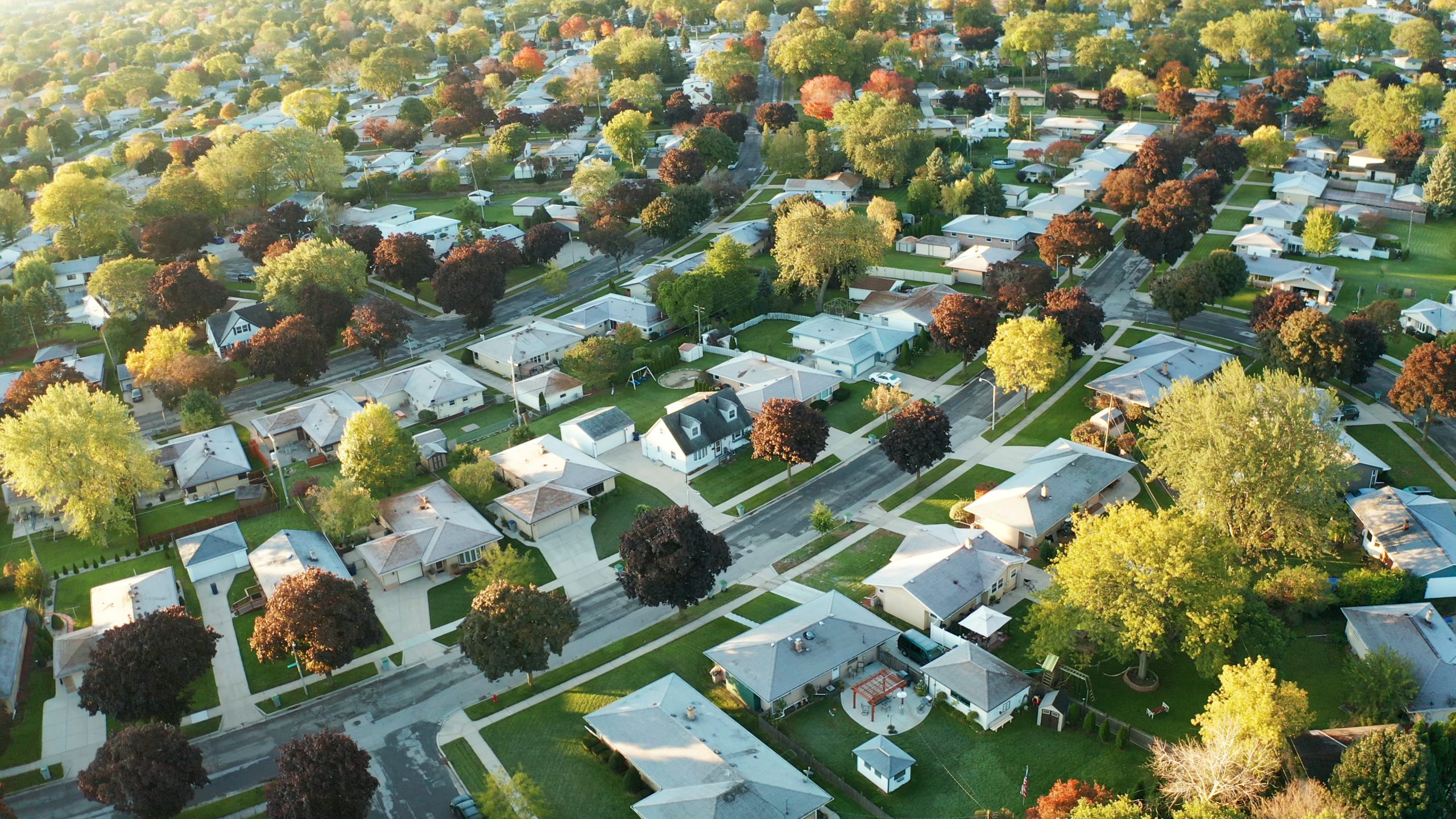
The latest figures from the OneRoof-Valocity House Value Index reveal a shift in power towards buyers, driven by a surge in listings and the lingering effects of high interest rates.
While New Zealand’s average property value increased modestly by 0.4% to $977,000 in the last quarter, the number of homes for sale has soared, exceeding 41,000 – a 17% jump compared to last year.
This abundance of choice, coupled with economic uncertainty and high interest rates, has encouraged buyers to take their time and weigh their options.
The rate of new listings has exceeded the volume of sales, even though the sales volume has increased year over year.
According to agents, a lot of vendors are becoming more flexible with their pricing expectations.
While Canterbury and Wellington saw modest growth in property values, Auckland and the Bay of Plenty experienced slight declines.
The most significant value jumps occurred on the West Coast, fueled by its affordable prices, while neighbouring Southland saw the most significant drops.
The data also highlights the contrasting fortunes of different regions.
Gisborne’s average property value fell 3%, attributed to the aftermath of Cyclone Gabrielle, while West Coast enjoyed a 6.3% surge, appealing to budget-conscious buyers.
Dunedin stood out as a housing market star, achieving 3% quarterly value growth due to its relatively affordable prices and tighter stock levels.
While interest rates remain high at 5.5%, experts predict cuts to the Official Cash Rate (OCR) by the end of the year or early next year, which could swing the pendulum back in favour of sellers.
For now, the increased number of listings and cautious buyer sentiment temper homeowners’ price expectations.
Meanwhile, the Bank of New Zealand has left rates on hold this month. It said restrictive monetary policy had reduced capacity pressures and lowered consumer price inflation, which was expected to return to within the 1% – 3% target range before 2025.
While consumer price inflation had declined quickly, services inflation was receding slowly, delaying any rate cut. Wage growth and domestic spending were easing to levels more consistent with the inflation target.
Key takeaways from the OneRoof report:
- High listings and interest rates are shifting the power towards buyers.
- The average property value in New Zealand rose by 0.4% to $977,000 in the last quarter.
- Listings have surged, exceeding 41,000, a 17% increase from last year.
- Many vendors are adjusting price expectations and becoming more open to negotiation.
- Auckland and the Bay of Plenty experienced slight dips, while the West Coast saw significant growth.
- Dunedin achieved 3% quarterly value growth, outperforming other metros.
- Interest rate cuts expected by the end of the year or early next year could shift the market back towards vendors.
